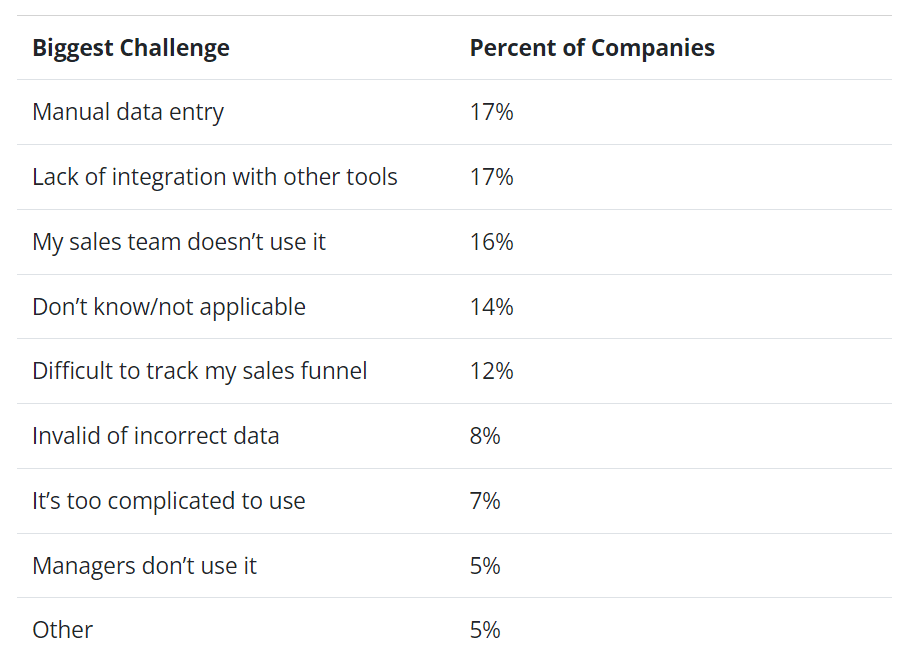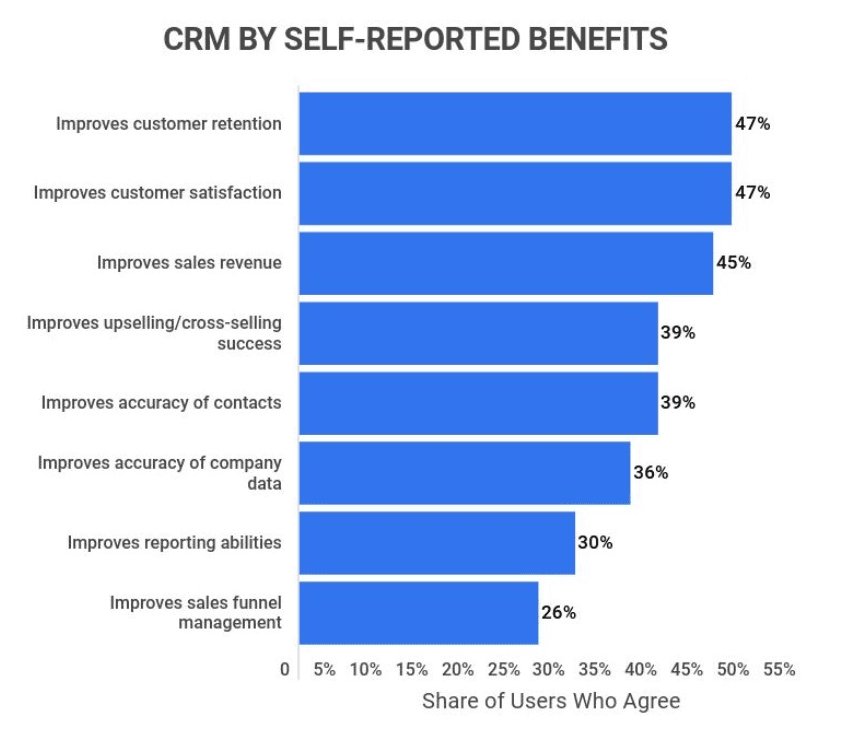Small and medium-sized enterprises (SMEs) play a crucial role in the global economy, driving innovation, creating jobs, and contributing significantly to GDP. However, these businesses often face unique challenges that can hinder their growth and, in some cases, lead to failure. One of the most critical factors contributing to the downfall of service-oriented SMEs is the non-usage or underutilization of reliable Customer Relationship Management (CRM) and Enterprise Resource Planning (ERP) systems. This comprehensive round-up explores the problems these businesses face without these systems and provides solutions to unlock their growth potential.
Understanding the Importance of CRM and ERP Systems
CRM and ERP systems are essential tools for managing various aspects of a business. CRM focuses on customer interactions, sales, and service management, while ERP integrates all the core business processes such as finance, supply chain, operations, reporting, manufacturing, and human resources into a single system. For service-oriented SMEs, these tools are indispensable for streamlining operations, improving customer relations, and driving growth.

Common Problems Faced by Service-Oriented SMEs Without CRM and ERP Systems
1. Inefficient Customer Management
- Problem: Without a CRM system, SMEs struggle to manage customer interactions effectively. Important customer information is often scattered across spreadsheets, emails, and paper records, leading to lost leads, missed opportunities, and poor customer service.
- Impact: Inefficiencies in customer management can result in a high churn rate, reduced customer satisfaction, and ultimately, a decline in revenue.
2. Poor Financial Management
- Problem: SMEs that do not use ERP systems often rely on disparate tools for managing finances. This can lead to inaccuracies in financial reporting, delayed invoicing, and difficulties in tracking expenses and revenue.
- Impact: Poor financial management can lead to cash flow problems, inability to meet financial obligations, and difficulty in securing financing for growth.
3. Lack of Integrated Data and Insights
- Problem: In the absence of ERP and CRM systems, data is siloed across different departments, making it difficult to obtain a holistic view of the business. Decision-makers lack access to real-time data, which hinders their ability to make informed decisions.
- Impact: The lack of integrated data can result in missed opportunities, inefficient operations, and an inability to respond quickly to market changes.
4. Operational Inefficiencies
- Problem: Without an ERP system, managing day-to-day operations becomes cumbersome. Processes such as inventory management, order processing, and supply chain management are often manual and prone to errors.
- Impact: Operational inefficiencies lead to increased costs, delays in service delivery, and reduced profitability.
5. Inconsistent Customer Experience
- Problem: Service-oriented businesses rely heavily on delivering consistent and high-quality customer experiences. Without a CRM system, tracking customer interactions and ensuring consistency in service delivery is challenging.
- Impact: Inconsistent customer experiences can damage the business's reputation, resulting in negative reviews and loss of repeat business.
6. Inability to Scale
- Problem: As SMEs grow, the complexity of managing operations, finances, and customer relationships increases. Without CRM and ERP systems, scaling the business becomes difficult, leading to bottlenecks and growth stagnation.
- Impact: The inability to scale can prevent SMEs from taking advantage of growth opportunities, limiting their market reach and competitiveness.
7. Compliance Risks
- Problem: Without proper systems in place, SMEs may struggle to stay compliant with industry regulations and reporting requirements. Manual processes increase the risk of errors and omissions.
- Impact: Non-compliance can lead to legal penalties, fines, and damage to the business's reputation.

Solutions: How CRM and ERP Systems Unlock Growth in Service-Oriented SMEs
1. Centralized Customer Management
- Solution: Implementing a CRM system allows SMEs to centralize all customer information, providing a single source of truth for sales, marketing, and customer service teams.
- Benefits: Improved customer retention, higher customer satisfaction, and increased sales through better lead management and personalized customer interactions.
2. Streamlined Financial Operations
- Solution: An ERP system integrates financial management with other business processes, ensuring accurate and timely financial reporting, automated invoicing, and better cash flow management.
- Benefits: Enhanced financial visibility, reduced errors, and improved ability to plan and allocate resources for growth.
3. Real-Time Data and Business Insights
- Solution: Both CRM and ERP systems provide real-time data and analytics, enabling SMEs to make informed decisions based on comprehensive insights.
- Benefits: Better decision-making, ability to identify and capitalize on opportunities, and improved responsiveness to market changes.
4. Operational Efficiency and Automation
- Solution: ERP systems automate key operational processes, reducing manual work and minimizing errors. This includes inventory management, order processing, and supply chain coordination.
- Benefits: Reduced operational costs, faster service delivery, and increased profitability.
5. Consistent and Personalized Customer Experience
- Solution: CRM systems help track all customer interactions, ensuring consistency in communication and service delivery. This enables SMEs to offer personalized experiences to their customers.
- Benefits: Enhanced customer loyalty, positive reviews, and increased lifetime value of customers.
6. Scalability and Flexibility
- Solution: CRM and ERP systems are scalable, allowing SMEs to grow without the constraints of manual processes. These systems can adapt to the changing needs of the business as it expands.
- Benefits: Ability to scale efficiently, enter new markets, and respond to increased demand without compromising quality.
7. Compliance and Risk Management
- Solution: ERP systems ensure that SMEs remain compliant with industry regulations by automating reporting and maintaining accurate records.
- Benefits: Reduced risk of non-compliance, avoidance of legal penalties, and protection of the business's reputation.
Conclusion: The Path to Sustainable Growth
For service-oriented SMEs, the adoption of CRM and ERP systems is not just a technological upgrade; it's a strategic imperative. These systems unlock growth by streamlining operations, enhancing customer relationships, and providing the insights needed to make informed decisions. By addressing the challenges of inefficient customer management, poor financial oversight, and operational inefficiencies, SMEs can position themselves for long-term success in an increasingly competitive market.
Investing in reliable CRM and ERP systems is a critical step toward building a resilient and scalable business that can navigate challenges, seize opportunities, and achieve sustained growth. Whether starting small or scaling to new heights, these systems provide the foundation for unlocking the full potential of small and medium-sized service-oriented enterprises.

